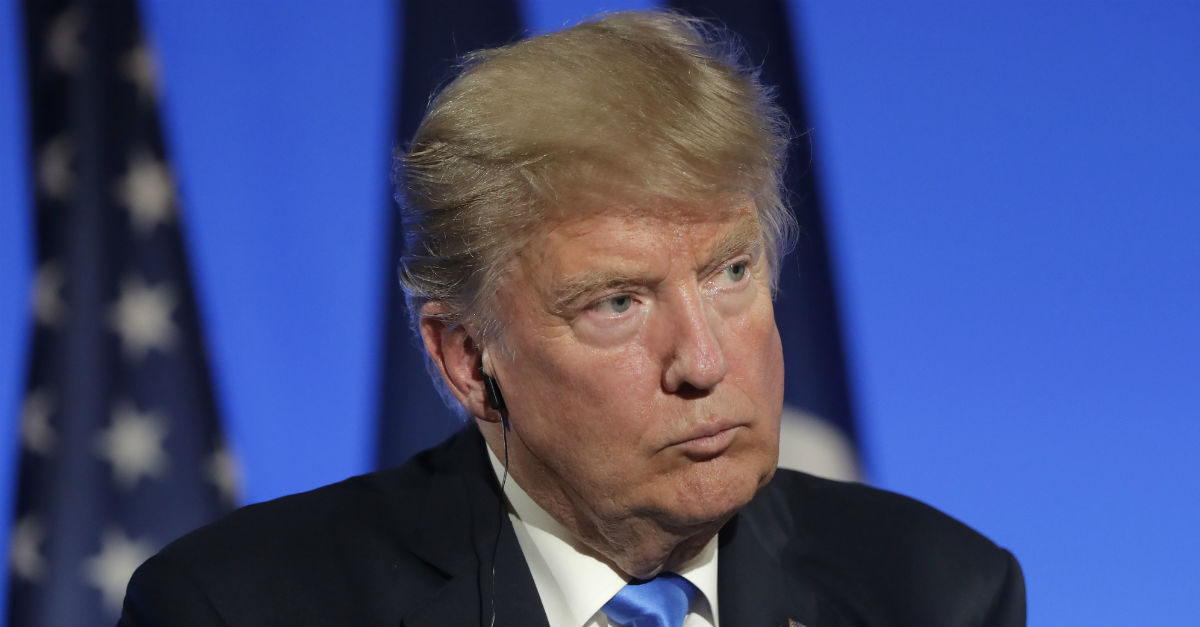By Lindsay Marchello
Videos by Rare
Last week, seven individual Twitter account holders joined the Knight First Amendment Institute at Columbia University in a lawsuit against President Donald Trump. The lawsuit alleges that the Trump administration violated the First Amendment by blocking seven people on Twitter from the @realDonaldTrump account because they mocked or criticized the president and his policies.
The Trump administration was given warning a month ago from the Knight Institute in a letter that advised the president to unblock the accounts or face litigation. Both the letter and the legal complaint argue that because Trump uses his account as a platform for his policies, he cannot legally block individuals from reading and responding to the tweets.
RELATED: Dodd-Frank has been a disaster for the poor and Republicans are right to roll it back
“Though the architects of the Constitution surely didn’t contemplate presidential Twitter accounts, they understood that the President must not be allowed to banish views from public discourse simply because he finds them objectionable,” Jameel Jaffer, the Knight Institute’s executive director argued in the letter. “Having opened this forum to all comers, the President can’t exclude people from it merely because he dislikes what they’re saying.”
“Everyone being able to see the president’s tweets feels vital to democracy,” Joseph Papp, one of the twitter users in the lawsuit said, as reported by Reuters.
The lawsuit argues that because Trump’s advisors, including Sean Spicer, the White House Press Secretary, have called the president’s tweets “official statements” and have been interpreted by world leaders, politicians, the National Archive and Records Administration, and federal courts as such, that the president cannot deprive individuals from access to the tweets. This is similar, the lawsuit argues, to how local government officials cannot block people from town hall meetings just because they are critical of them and their actions.
There is some precedence to the importance of social media, as last month the Supreme Court unanimously ruled that North Carolina’s ban on sex-offenders using social media was an unconstitutional limit of their First Amendment rights.
RELATED: How Tucker Carlson is helping open up the Republican foreign policy debate
“These websites can provide perhaps the most powerful mechanisms available to a private citizen to make his or her voice heard,” Justice Anthony Kennedy wrote in the majority opinion. “To foreclose access to social media altogether is to prevent the user from engaging in the legitimate exercise of First Amendment rights.”
It is not a stretch to predict that the courts will rule in the Knight Institute’s favor, seeing how important social media has become for everyone from freelance journalists to the President of the United States.
Lindsay Marchello is a Young Voices Advocate and an Associate Editor with the Carolina Journal. Follow her on Twitter @LynnMarch007



